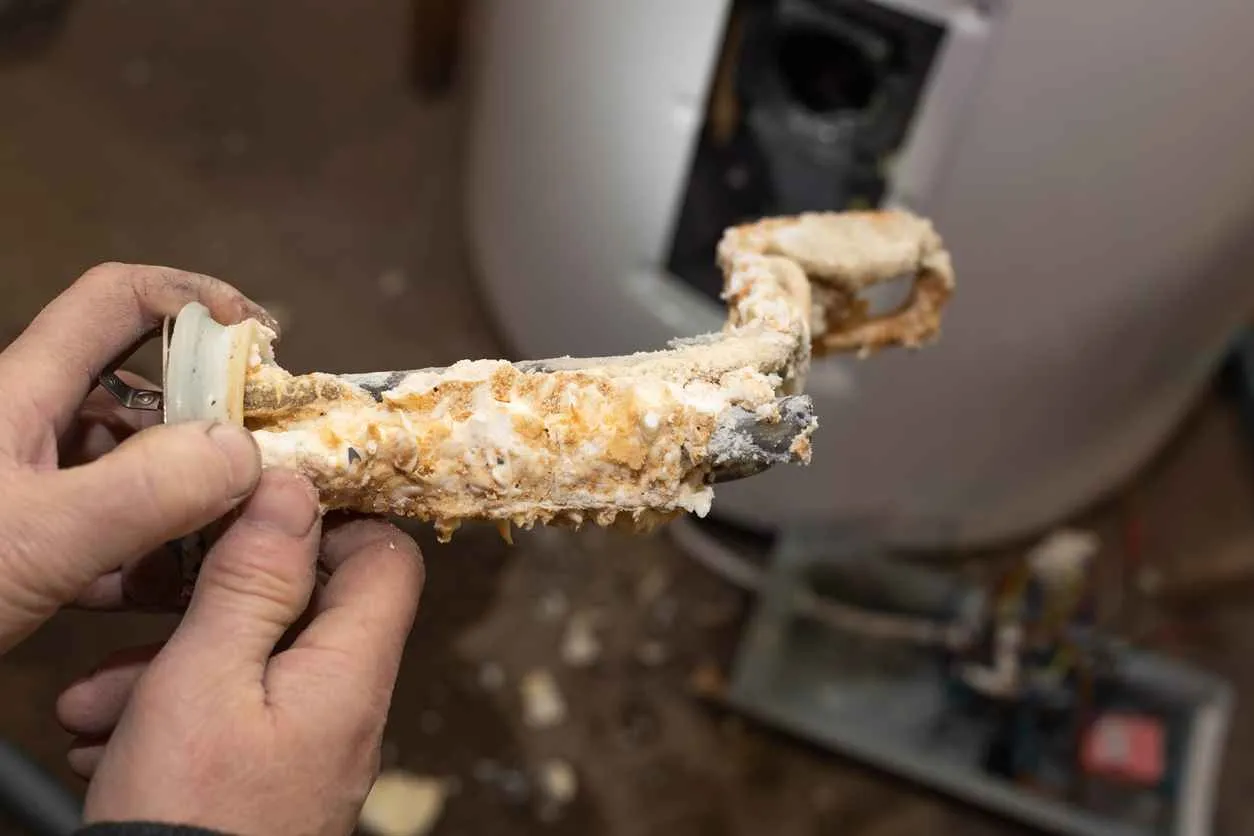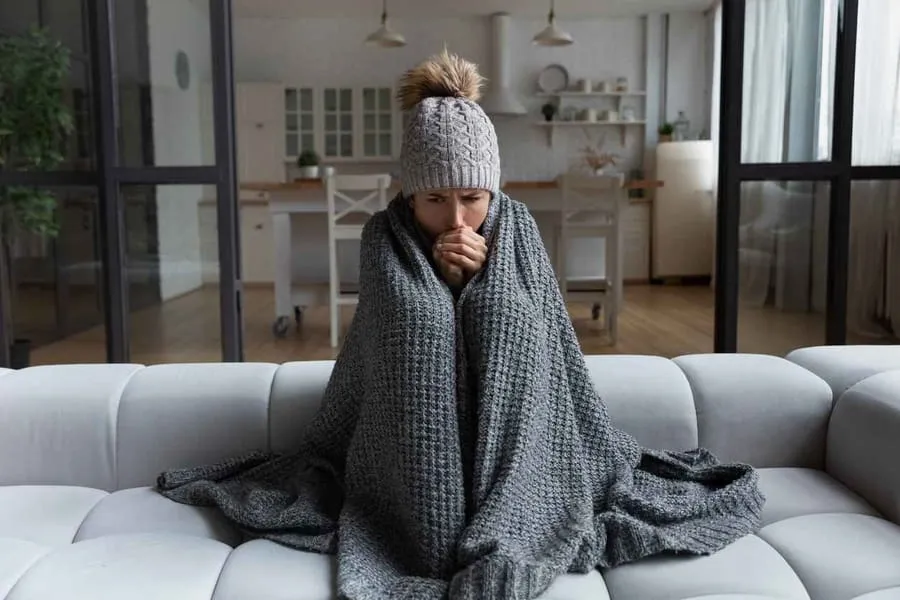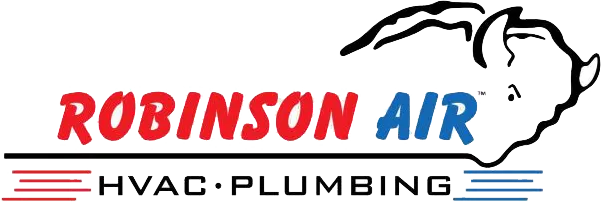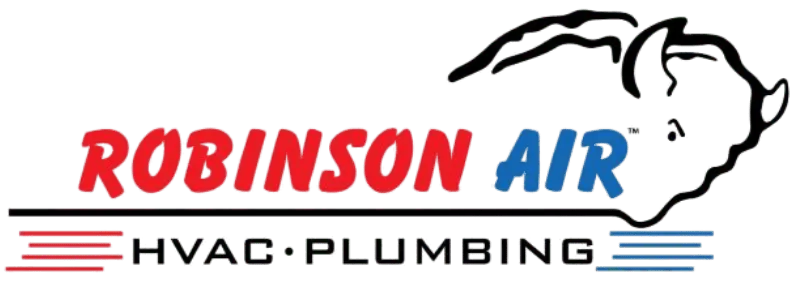


Water is essential to daily life, but it doesn’t always come clean and ready to use. Even treated municipal water can contain impurities like sediment, chlorine, and bacteria. That’s where water filtration systems come in—removing contaminants to ensure your water is safe, clean, and better tasting.
The Purpose of Water Filtration
At its core, water filtration is the process of removing impurities, contaminants, and unwanted particles from water to improve its quality. The main goal is to provide clean water for drinking, cooking, and other household activities. Depending on the system and its level of sophistication, a filtration system can remove harmful bacteria, chemicals, and minerals that affect water quality.
Key Methods of Water Filtration
Water filtration systems can use different processes or a combination of techniques to achieve the desired level of purification. Here are the most common methods:
Activated Carbon Filtration
Activated carbon filters are highly effective in trapping contaminants such as chlorine, volatile organic compounds (VOCs), and pesticides. The porous carbon material works by absorbing impurities, improving the taste and odor of the water. This method is popular in pitcher-style filters and under-sink systems.
Reverse Osmosis
Reverse osmosis is one of the most effective water filtration processes, removing up to 99% of contaminants. It works by forcing water through a semi-permeable membrane that blocks harmful impurities such as lead, nitrates, and arsenic while allowing clean water molecules to pass through.
Sediment Filtration
Sediment filters remove large particles like sand, rust, and dirt from water. These filters are often used as a pre-filter in multi-stage filtration systems to protect more sensitive filters and components.
Ultraviolet Filtration
UV filtration uses ultraviolet light to disinfect water by killing bacteria, viruses, and other microorganisms. It’s an ideal option for households that rely on well water or are concerned about microbial contamination.
Distillation
Distillation involves heating water to create steam, leaving contaminants behind. The steam is then cooled and collected as purified water. While effective at removing most contaminants, it is less commonly used in residential settings due to its energy consumption and slow output.
What Does a Water Filtration Remove?
The specific contaminants removed by a water filtration system depend on the type of system and filter used. Common contaminants that filtration systems target include:
- Chlorine and chloramine: Commonly used for disinfecting municipal water, but they can leave an unpleasant taste and odor.
- Sediment and rust: Particles from aging pipes and other sources can cloud your water and damage appliances.
- Heavy metals: Lead, mercury, and arsenic are hazardous if consumed over time.
- Bacteria and viruses: Harmful microorganisms can cause illness, especially in homes using well water.
- Hard water minerals: Calcium and magnesium can cause scale buildup in pipes and appliances.
Benefits of Water Filtration
Investing in a water filtration system provides several benefits for your home and family, including:
- Healthier drinking water: Enjoy peace of mind knowing your water is free from harmful contaminants.
- Improved taste and odor: Say goodbye to the unpleasant chlorine smell and enjoy better-tasting water.
- Protect appliances: Reduce mineral buildup in dishwashers, washing machines, and water heaters.
- Reduced plastic waste: With filtered tap water, you’ll rely less on bottled water, helping the environment.
Keep Your Drinking Water Safe in Lawton, OK
Clean, safe water is essential for a healthy home, and a proper water filtration system can ensure you have it. Whether you’re concerned about sediment, chlorine, or harmful bacteria, Robinson Air in Lawton, OK, is here to help with all your water filtration service needs. Contact us today for expert guidance and installations.
Recent News

How Hard Water in Southwest Oklahoma and Wichita Falls Damages Water Heaters Faster

Plumbing and HVAC Oversights That Cause High Energy Bills Across the Plains

Emergency Heat Failure in Winter: What to Do Immediately & How to Minimize Damage

Heat Pumps in Texas & Oklahoma: Are They A Viable Option for Your Home?
Get in Touch

